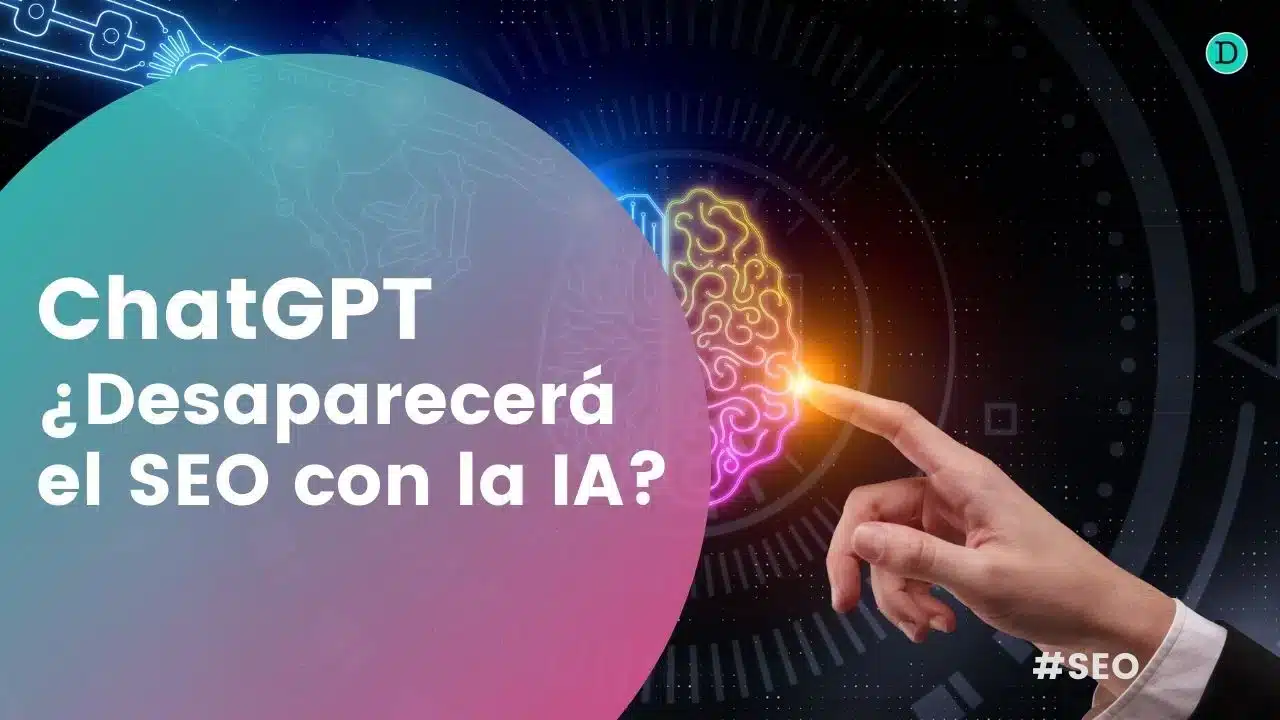The relationship of the artificial intelligence with SEO Is the death of the SEOWill it die in the next few years?
Of the moment and also of recent years. With the appearance of ChatGPT many things looked set to change (and some have changed). A year and a half ago we published this article on SEO and ChatGPT in which we gave some glimpses of what might happen.
With how fast things are moving in the development of artificial intelligence and its relationship with search, it is time to upgrade.
At the moment, the SEO has been able to reborn and reinvent itself, always serving a higher value: respond to the needs of the user.
However, we see how the SEO on Google is at its lowest ebb. For young people, searches are no longer carried out in Googleare made in TikTok or through ChatGPT.
And yet, Google It resists. Or tries to.
The drift of traditional social media

While resisting, it also tries not to become a new Target. Yes, there are still people who have an account in Facebookreally, and they can be made paid campaigns interesting (thanks also to the fact that Instagram is holding up - a bit - better).
However, it seems clear that the disinterest of young people has come hand in hand with a absolute commodification of the social networking space. Perhaps the clearest example is Xthe former Twitterwhich has completely lost its role as a relevant place in the social conversation.
The disappearance of the mechanisms of user verification (it used to be an honour, now you simply pay for it) and much of the spam controlwith Nudes in my profile from being the campaign of bots The most cumbersome meme in history to a mere irrelevant meme that never ends, it has also transformed the way we find out about things.
It is no longer so common to find out about current affairs through X, nor is it so common to be Trending Topic has even the slightest relevance.
At the same time, the SEO on TikTok is growing more and more. The way in which information is consumed (something that is not new and that already happened, first, with television, and later with YouTube which has been the second most used search engine for many years now) is hardly written any more, but rather it must be multimedia.
TikTok, fast, concise and fun information

A few days ago, a friend of mine (who is not in the business) told me that he was looking for TikToks to understand a crime that had just happened. The information was already in GoogleThe media, on TV and in the traditional media.
It was also being discussed in Xbut he needed his one-minute multimedia summary with someone doing their little dance catching up. It's not a rare case and the data proves it.
In my friend's case, it wasn't even Gen Zbut millennialbut lately even the boomers have surrendered to TikTok. Look at your parents or even your grandparents, they too are beginning to switch from Facebook to TikTok.
It's not just that the algorithm personalises what you see, it's that there's every new information formats that are becoming predominant. With attention increasingly dispersed, our generation (all of us alive today) needs their summaries.
Google already did with his highlighted excerpts. But it is not enough. Everything is gamified, everything must be entertaining and everything must be fun.
Whether you want to know how a black hole is formed or what your headache is caused by, someone will try to explain it to you in TikTok in a very summarised way (as opposed to Google, where very extensive and expert content is sought for positioning) and in a fun way.
In addition, your position in the network will end up depending more on aspects such as the background song or the interactions you have, than on the quality and reliability of the content.
ChatGPT, where artificial intelligence tries to kill SEO

What about ChatGPTYou know that feeling of preaching in the wilderness? That's how I sometimes feel when I read people talking about use ChatGPT for SEO (just take a look at LinkedIn).
I repeated it ad nauseam in the webinar we did at Ddigitals in the first quarter of 2023 and I have to repeat it again now, in the summer of 2024. The SEO data provided by ChatGPT IS NOT OPTIMISED.
The keywords research and keywords they offer do not correspond to the actual data, the meta-descriptions or the titles often go beyond the recommended number of characters and semantic variety in articles is non-existent.
You read a ChatGPT article and you have read them all, because he always uses the same structure, idioms, made-up words, etc. Maybe it will come at some point, but it has not come with Gemini nor with ChatGPT4 not by a long shot.
Let me create a small section before I go on that you need to read.
What is a natural language processing model?

ChatGPT is a natural language processing modelWhat does this mean? It means that ChatGPT is not programmed to be reliable or to find objective data for you.
I'm going to tell you in my own words. ChatGPT aims to replicate human speech. Respond to what is asked of you as a person would. Their goal is not to write you articles, or programme a website, or solve an equation for you.
ChatGPT has a huge database, which it uses to give you its answers. This includes general knowledge, but also scientific or computer knowledge.
However, if ChatGPT does not have the answer or has contradictory information in its database.ChatGPT is going to make it up.. And the reason, let me repeat, is that it is not programmed to give you the truth, but to make grammatical sense of your answer.
In other words, if you ask him which is the highest peak in Spain? The answer from ChatGPT is correct, but what he is really interested in is giving you the answer that a person would give you linguistically.
In this sense, if you have paid attention to the media, you will see that there are multiple examples of mistakes such as saying that someone had a Nobel Prize that he did not have, putting only men when you ask for a list of women, and similar things.
For example, it said ChatGPT that Marie Curie had won the Nobel Prize for Medicine. And no, she won the Nobel Prize for Physics and the Nobel Prize for Chemistry. But the language model doesn't care because her answer was linguistically correct, even if it was a lie.
Making content with ChatGPT and other language models

I also commented on this in my webinar. All this is not to say that we cannot use ChatGPT and other models as an additional tool.
What we cannot do, as I keep seeing and lamenting, is to say to ChatGPT o Gemini to write you an article on "x topic" and copy what it tells you as is.
This sings, it penalises you at the level SEO and, above all, it prevents you from providing the user with useful content in relation to their search, which should be the objective of any positioning professional.
What can we use it for? We can translate fonts quickly (your translator is much better than Google Translate but no better than Deepl). We can ask you to lists of synonymsSometimes (not always and double check) we can ask him to ask us to explain complex concepts and, of course, we can use it as a basis against writer's block.
For example, it can generate a structure on a topic if we feel blocked (although in practice its structure model is always similar, so after a few attempts it should come out on its own).
The amount of prompts that must be introduced in order to achieve a content that is moderately valid at the level SEO at ChatGPT means that, if you know how to write more or less, you spend a lot less time doing it yourself.
And the same is true if you search for something. Nowadays, it is easier to get reliable, complex information from Google.
SEO and AI, Overview's experiment
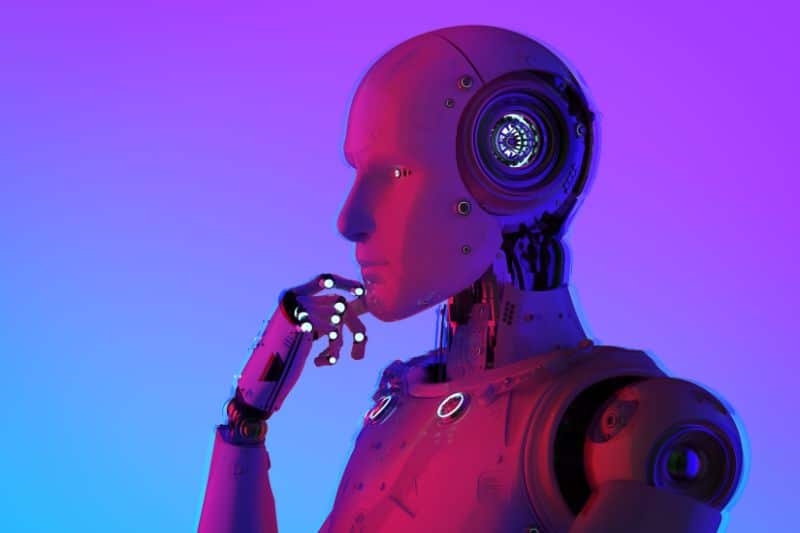
Another clear example of why (for the time being) there will be no end to the artificial intelligence with SEO we have it in the Google scandal Overview of a few days ago.
Let me put you in context. Google Overview was going to destroy SEO completelyWhy? Because it would provide direct results to users' questions.
In other words, when you put something in the search engine, you were not going to get a highlighted excerpt of the first result or a list of results The artificial intelligence would automatically generate the result for you based on its database.
What happened? The results could not have been worse. But not only because they were not in line with reality, but also because could lead to real public health problems. Among them, recommending eating stones or giving a recipe for pizza with glue.
In the face of such madness, Google (Incidentally, he has had to backtrack. ChatGPT has long been integrated with BingThe search engine has not grown). The results are no better than before.
The race for AI and regulation
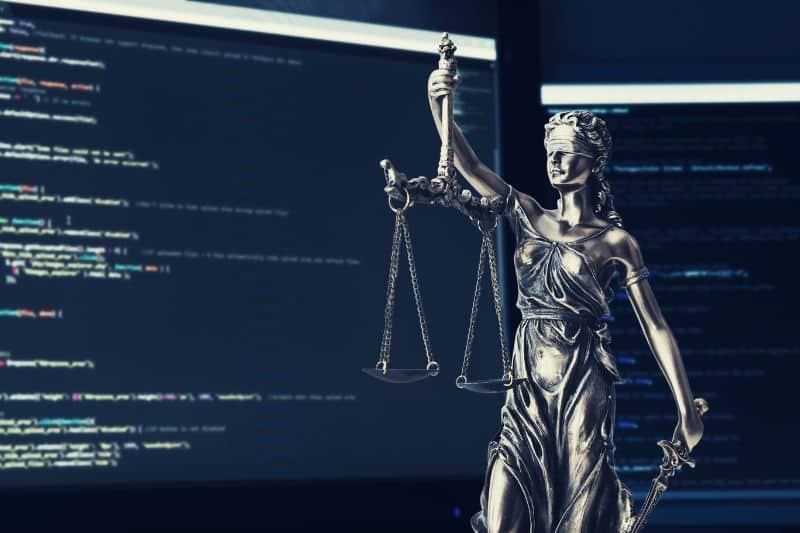
All of these failures have a clear point of origin. We have several large corporations (Google, OpenAI with Microsoft, Amazon, Meta...) trying to be the first to create a valid AI.
Unlike what happened with the metaverseThe result was a bluff of enormous proportions, Artificial Intelligence is here to stay. Artificial Intelligence is going to be key to the future of humanity.
Although at the moment no good for SEOThis is not disputed by anyone.
In fact, what is in dispute is that the percentage by which artificial intelligence can destroy humanity. The last thing I read on the subject, a couple of days ago, was that according to Elon Musk there was between a 10% and a 20% of possibilitiesalthough opinions vary among experts.
In fact, Roman Yampolskiyartificial intelligence researcher, estimates that the probability of this technology leading to human extinction is around 99.9%. That is, the percentages vary, but what no one disputes is that it is potentially possible.
This race to be the first (also for the high cost of developing AI solutions and the need to make them profitable as soon as possible) increases these possibilities. And, in the face of the risk, which we have already seen with the results of Google OverviewThe authorities are reacting.
As could not be otherwise, the European Union is leading the way in artificial intelligence regulatory efforts with its AI Lawbut other powers will join in. This will severely limit the possibilities for AI to reach its full potential (but, at the same time, it will most probably save the species from extinction).
The soul of AI, where are the memes?

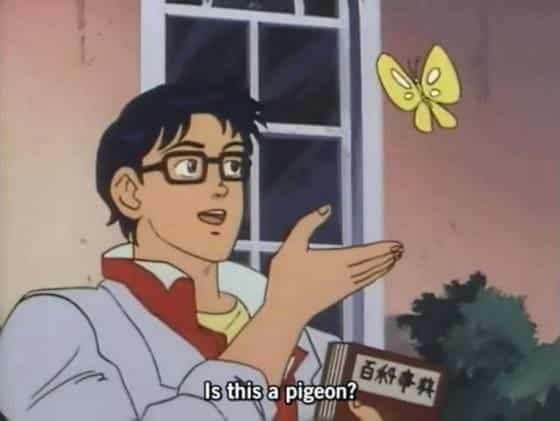

A common argument on social networks about why the artificial intelligence will never be a substitute for human creativity has to do with something called "soul". AI has no soul, they argue.
And, usually, there is a clear example to illustrate this: the memesHow can it be that in this time the AI has not been able to generate viral memes? Usually, in the answers someone rescues one or two examples, but they are very relatively successful examples and cannot be considered at all. global viral memes.
(For example, the man smiling uncomfortably, the boy looking at another girl holding hands with his girlfriend or the anime image with the boy with the book in his hand and the butterfly fluttering around).
It is striking that there are not even any national memes, since achieving international meme status is even more complex.
Probably, the development of the Generative AI may end up solving this at some point, but the knowledge of subtext that is required to turn an image into a global meme is so large in terms of infrastructure and cost that we are unlikely to see it in the next two or three years.
Where does AI shine in search?
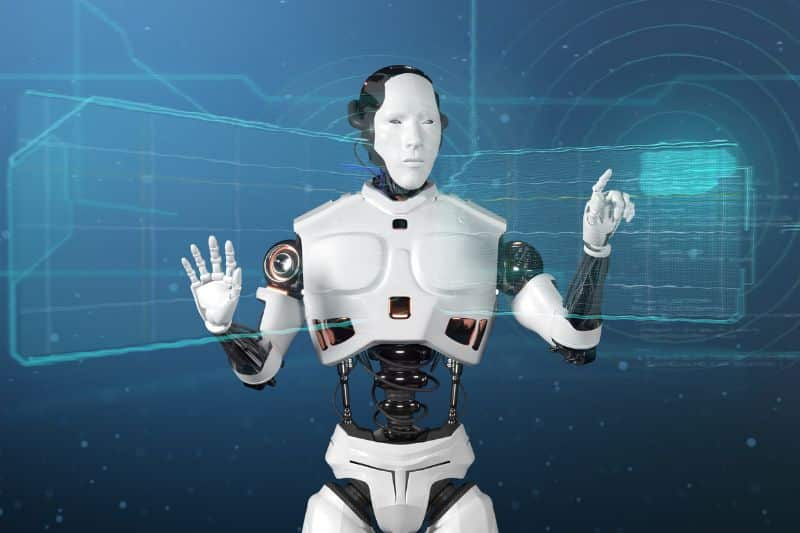
My point, after a long time of research AI solutions and writing about it, is that artificial intelligence is unlikely to kill SEO. If we are to continue to see a growth of alternative and multimedia search models (such as TikTok or whatever social network replaces it, which will also eventually appear).
This is with regard to broad, generic searches.
However, the IA has a lot of future in much more specific aspects, which require a less investment and where their level of precision is much higher.. We will see it in the archives of large companies and in very specific solutions in sectors such as technology, human resources or health.
There are also solutions that are already giving very good results (better than Google Scholar) in academia.
Over time, ChatGPT and the like will end up being seen for what they are, tools that can help in certain tasks, but which are far from replacing the expertise human, not only because of their very nature as broad NLPs, but also because of the limitations in their database.
In fields such as language translation is it is clear that simultaneous translation solutionsfor example, can work quite well, but they will never reach the level of perfection of a good professional, especially in the area of slang and more informal language, as well as in dialectal varieties or languages with few speakers.
On the other hand, as happened in the past with cryptocurrency farms, there is a sustainability problem with large models which will also end up going through regulate. The amount of energy it requires to function is simply too high for us to be able to afford a AI-dominated world. At least, today, in the absence of finding a revolutionary clean energy.
Be aware of the limitations of artificial intelligence is the best way to get the most out of it, moving from seeing it as an all-powerful entity to a tool that can make us more efficient for specific tasks, but that can never replace the human being.

